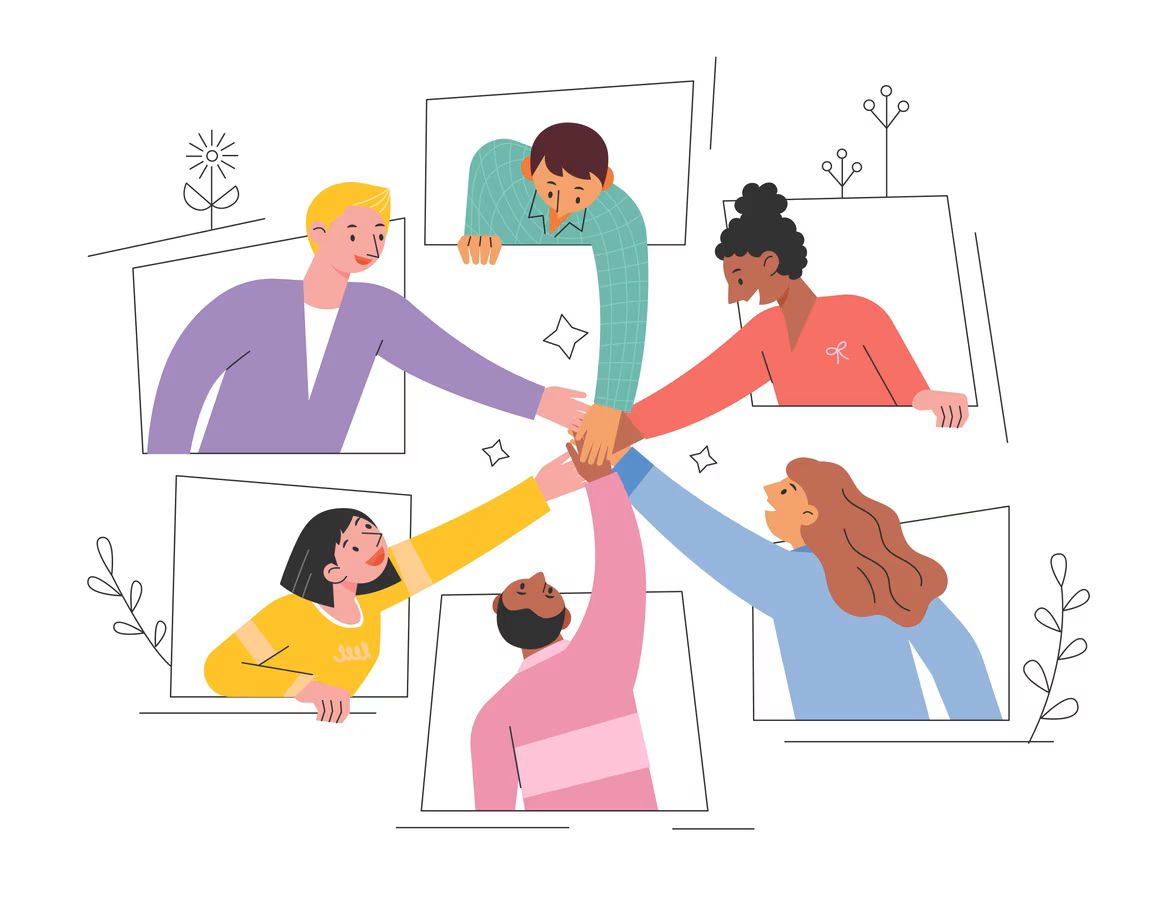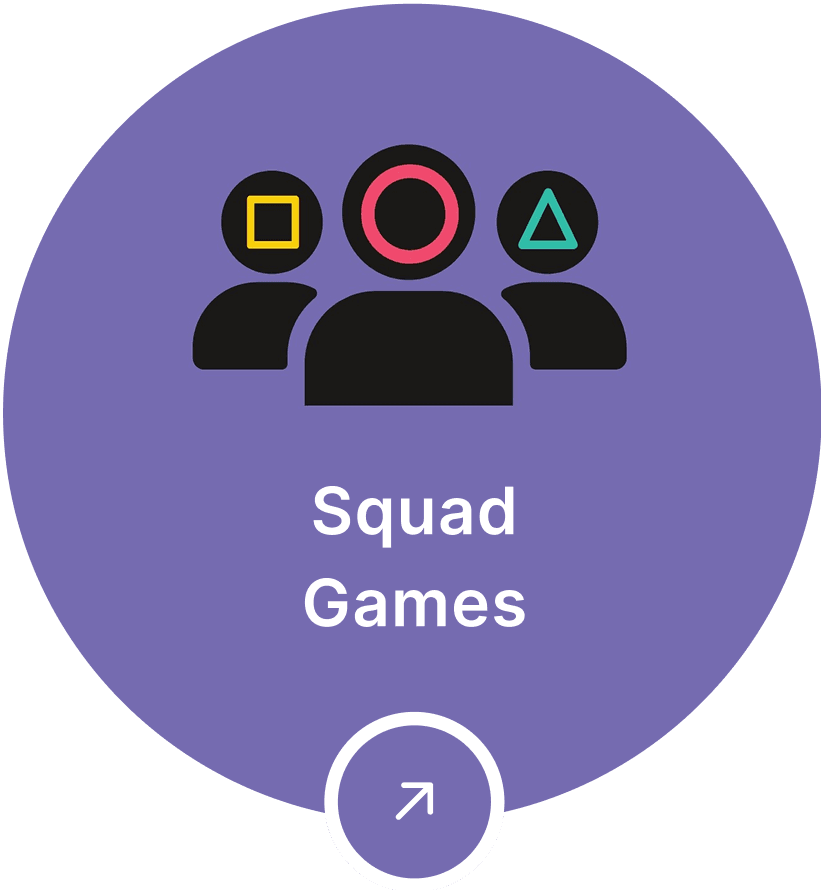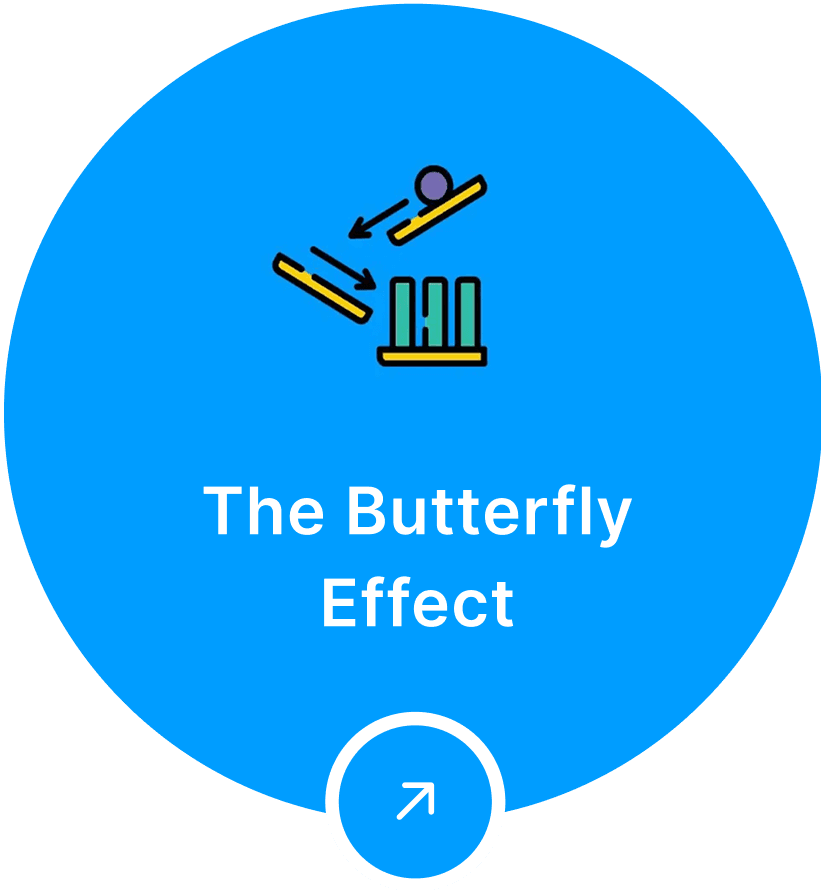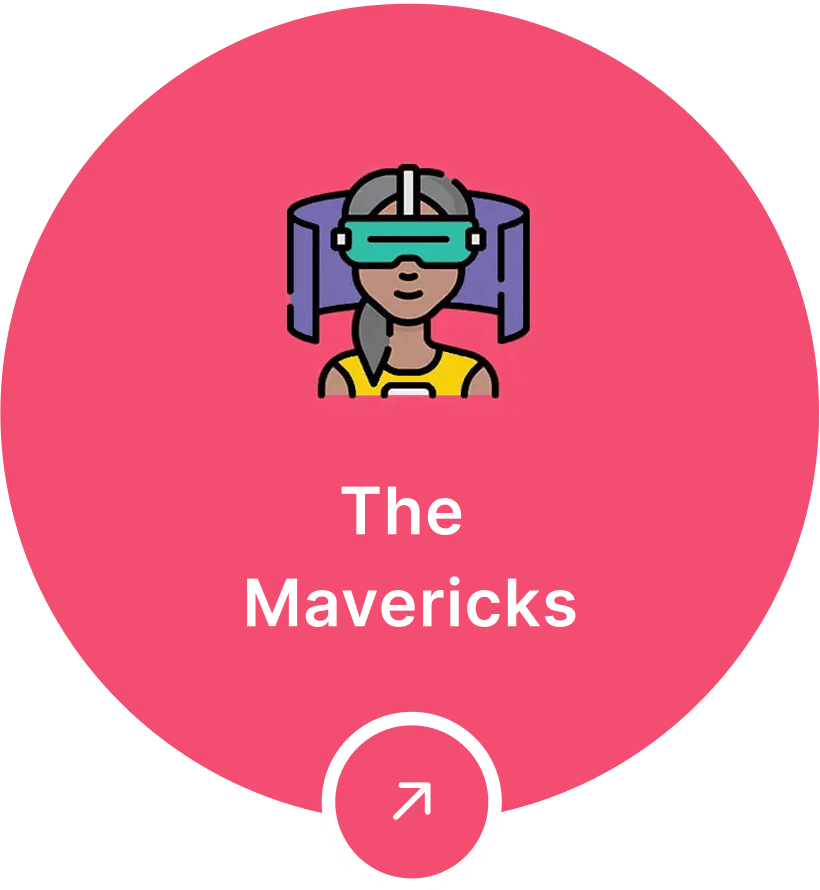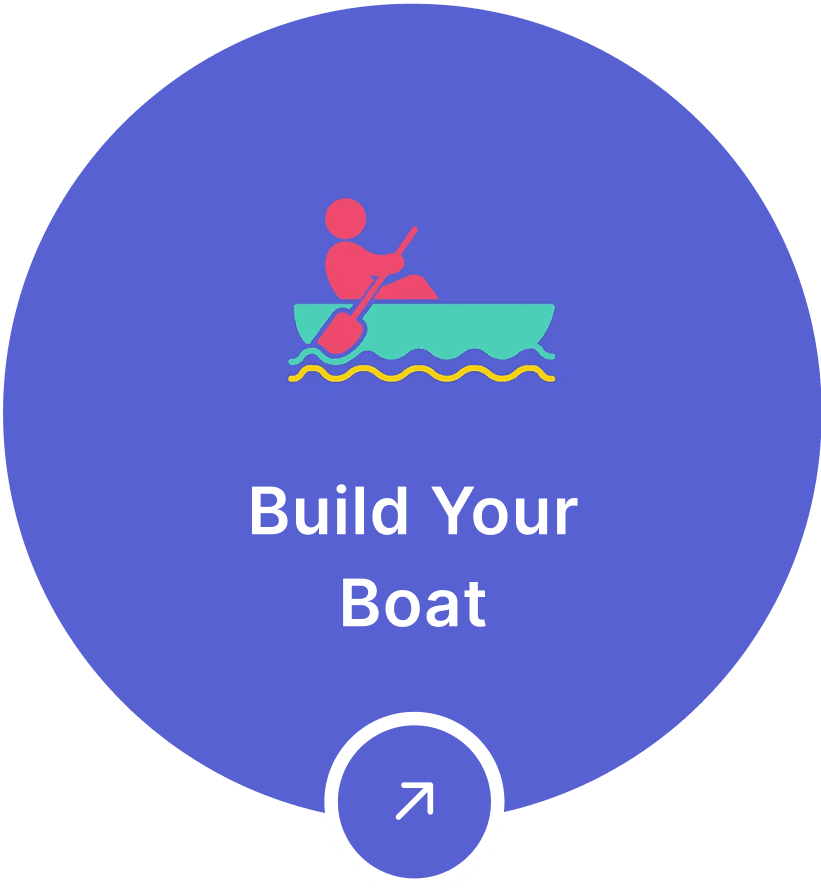High-performing teams are the backbone of successful organizations. They drive innovation, solve complex problems, and achieve exceptional results. But what sets these teams apart? While technical skills and expertise are undoubtedly important, it’s the intangible factors that truly differentiate high-performing teams from the rest.
The Power of Team Dynamics
Strong team dynamics are the cornerstone of high-performing teams. When team members work together seamlessly, trust each other, and share a common goal, they can achieve extraordinary results. Here are some key elements of effective team dynamics:
-
Shared Vision and Goals:
- A clear and inspiring vision that unites the team and provides direction.
- Aligned individual goals that contribute to the overall team objectives.
-
Open and Honest Communication:
- A culture of open and honest communication, where team members feel comfortable sharing ideas and concerns.
- Active listening to understand and respond to others’ perspectives.
- Clear and concise communication to avoid misunderstandings.
-
Mutual Respect:
- Respect for each team member’s contributions, ideas and opinions.
- Valuing diversity and inclusivity.
- Creating a safe and supportive environment.
-
Effective Collaboration:
- The ability to work together seamlessly and efficiently.
- Shared responsibility and accountability for team goals.
- Leveraging the strengths of each team member.
-
Constructive Conflict:
- The ability to address disagreements and conflicts in a productive manner.
- Encouraging healthy debate and different perspectives.
- Finding common ground and reaching mutually beneficial solutions.
The Role of Effective Leadership
Strong leadership is essential for fostering high-performing teams. Effective leaders can inspire and motivate their teams, create a positive work environment, and provide clear direction. Here are some key qualities of effective leaders:
-
Visionary Leadership:
- The ability to articulate a compelling vision for the future.
- Inspiring and motivating team members to achieve shared goals.
-
Effective Communication:
- Clear and concise communication to ensure everyone is aligned.
- Active listening to understand the needs and concerns of team members.
- Providing timely and constructive feedback.
-
Empathy and Emotional Intelligence:
- Understanding and responding to the emotions of team members.
- Building strong relationships based on trust and respect.
- Creating a positive and supportive work environment.
-
Problem-Solving Skills:
- The ability to identify and solve problems effectively.
- Encouraging creative thinking and innovative solutions.
-
Decision-Making Skills:
- Making timely and informed decisions.
- Empowering team members to make decisions at their level.
-
Mentorship and Coaching:
- Providing guidance, support, and feedback to team members.
- Investing in the development of team members.
By understanding and implementing these key principles, organizations can create high-performing teams that drive innovation, improve customer satisfaction, and achieve long-term success.
The Importance of Team Building Activities
Team building activities play a crucial role in fostering strong team dynamics and enhancing team performance. These activities can help to:
- Improve Communication: Team-building activities can break down communication barriers and encourage open dialogue.
- Build Trust: Shared experiences and challenges can foster trust and respect among team members.
- Enhance Problem-Solving Skills: Collaborative activities can help teams develop effective problem-solving strategies.
- Boost Morale: Fun and engaging activities can boost team morale and create a positive work environment.
- Increase Productivity: Strong team dynamics can lead to increased productivity and efficiency.
Key Team Building Activities to Foster High-Performing Teams
- Escape Room Challenges: These activities require teamwork, problem-solving, and communication skills.
- Outdoor Adventure Activities: Activities like hiking, kayaking, or rock climbing can help build trust and camaraderie.
- Team Building Workshops: These workshops can focus on specific skills like communication, leadership, and conflict resolution.
- Corporate Retreats: Retreats provide opportunities for team members to relax, recharge, and bond.
By investing in team-building activities and fostering a positive team culture, organizations can create high-performing teams that drive innovation, improve customer satisfaction, and achieve sustainable growth.
Korelate Learnings specializes in designing and facilitating engaging team-building activities that can help build high-performing teams. Contact us today to learn more about our team-building programs and how we can help an organization achieve its goals.


